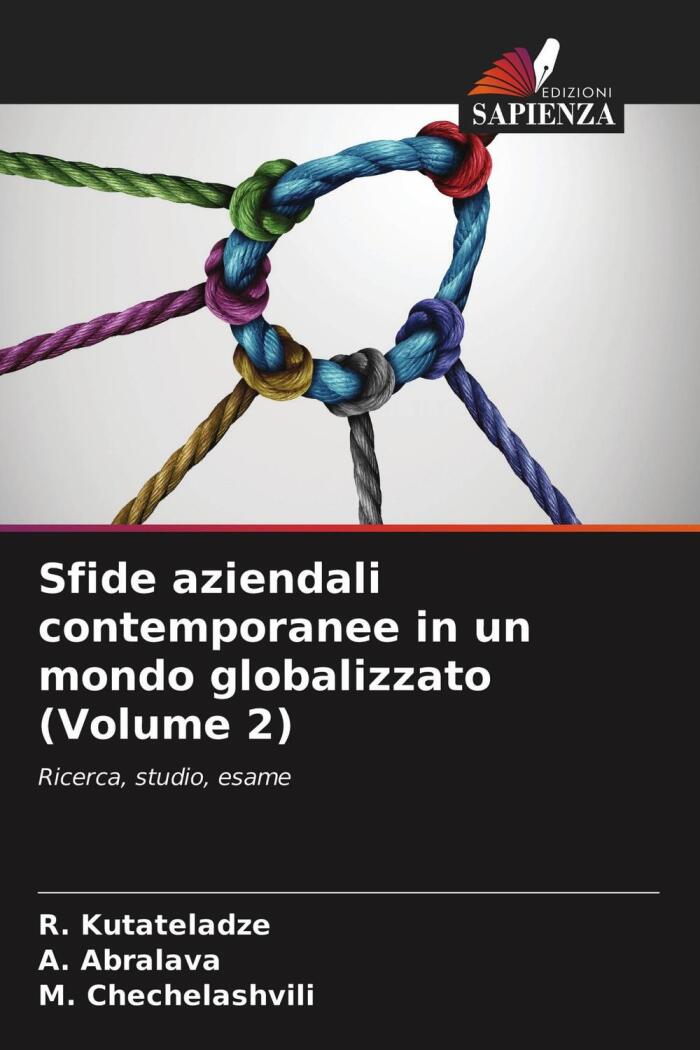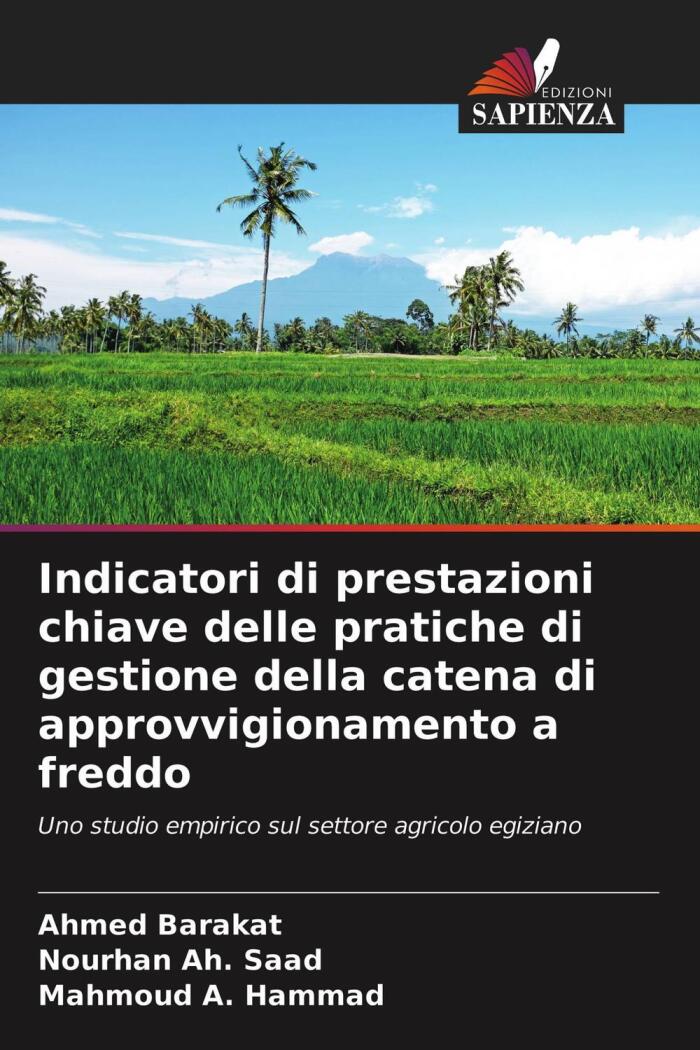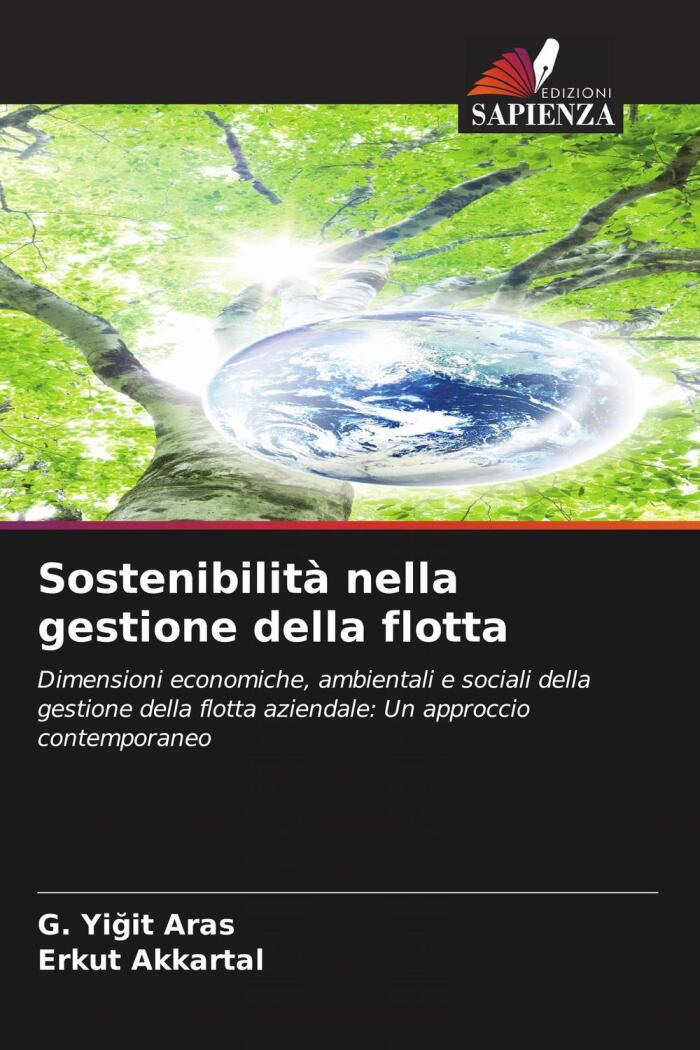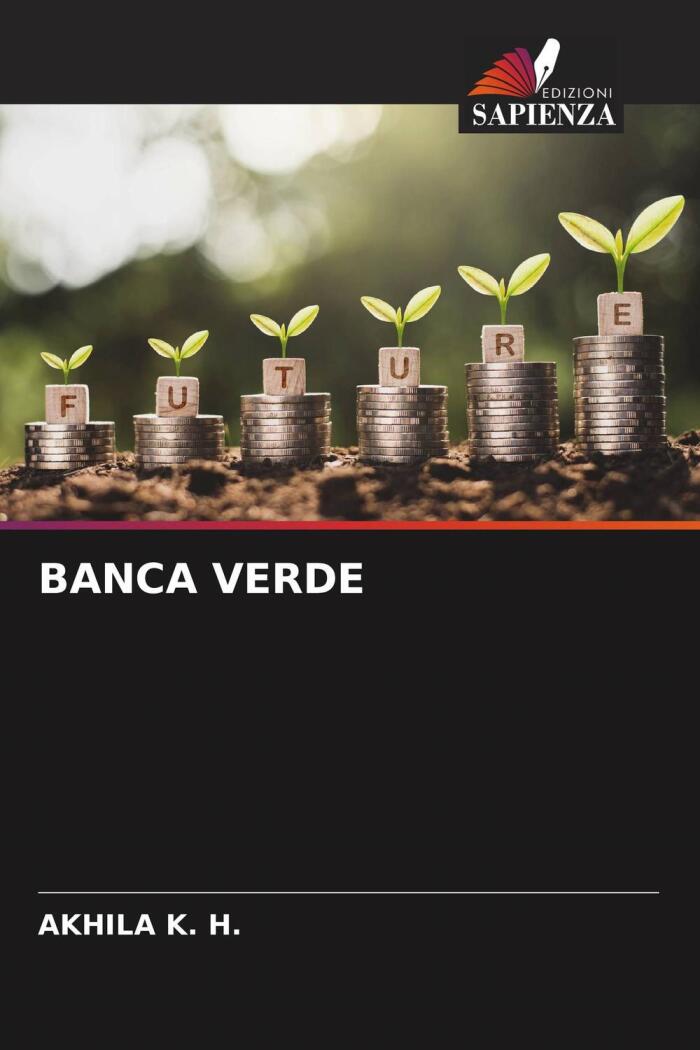
Le Istituzioni Finanziarie nel Nuovo Contesto Internazionale
بواسطة
Caviglia E.
لا توجد تقييمات بعد
Business & Economics
تنسيق
غلاف ورقي
صفحات
136
لغة
إيطالي
منشور
Jan 1, 2004
الناشر
LED
الطبعة
1
رقم ISBN-10
8879162276
رقم ISBN-13
9788879162272
الوصف
Emiliano Caviglia’s work presents a thorough examination of financial institutions within the evolving landscape of international relations. As the global economy becomes increasingly interconnected, this analysis provides critical insights into how financial entities adapt to contemporary challenges and opportunities. The text delves into the multifaceted roles that these institutions play, addressing both their impact on economic stability and their responses to emerging trends.
Throughout the work, Caviglia emphasizes the importance of understanding the regulatory frameworks and policies that shape the financial sector. With detailed discussions and bibliographical references, he guides readers through the complexities of financial governance in an international context, illuminating the interplay between local practices and global standards.
The exploration considers various case studies, showcasing successful adaptations and lessons learned from different regions. By analyzing these examples, the work outlines best practices for institutional resilience and growth in the face of economic uncertainty.
In addition to providing a deep analytical perspective, this scholarly contribution encourages readers to think critically about the future of finance as it navigates an ever-changing world. Caviglia’s research enhances the discourse on financial institutions and their role in shaping socio-economic landscapes, making it a valuable resource for students, practitioners, and policymakers alike.
Throughout the work, Caviglia emphasizes the importance of understanding the regulatory frameworks and policies that shape the financial sector. With detailed discussions and bibliographical references, he guides readers through the complexities of financial governance in an international context, illuminating the interplay between local practices and global standards.
The exploration considers various case studies, showcasing successful adaptations and lessons learned from different regions. By analyzing these examples, the work outlines best practices for institutional resilience and growth in the face of economic uncertainty.
In addition to providing a deep analytical perspective, this scholarly contribution encourages readers to think critically about the future of finance as it navigates an ever-changing world. Caviglia’s research enhances the discourse on financial institutions and their role in shaping socio-economic landscapes, making it a valuable resource for students, practitioners, and policymakers alike.



















